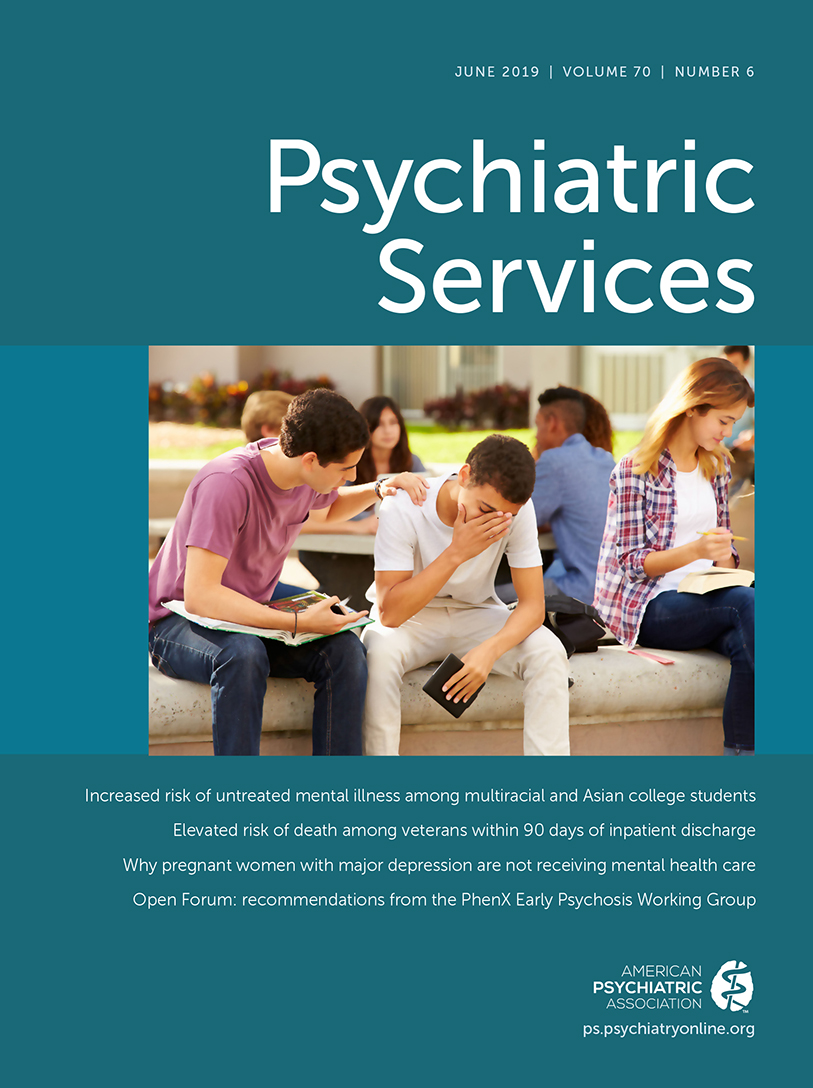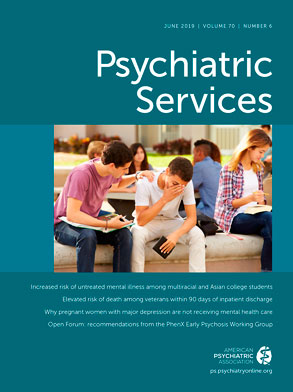IN REPLY: I appreciate the authors’ perspectives on my Taking Issue published in the January issue of
Psychiatric Services (
1), which was based on the critical review of Open Dialogue research also published in the issue (
2).
The authors of both letters misinterpreted my stance on the need for further research on Open Dialogue. I wrote, “The present data on Open Dialogue are insufficient to warrant calls for future research on the program
other than those projects that are currently under way” (italics added). As noted in Freeman et al.’s review, several initiatives are under way to evaluate interventions informed by Open Dialogue, including the ODDESSI study in Great Britain, a cluster randomized controlled trial that is similar in scope to the Recovery After an Initial Schizophrenia Episode–Early Treatment Program (RAISE-ETP) project in the United States (
3). ODDESSI is a remarkable achievement considering that RAISE-ETP was conducted after many years of rigorous international research on early intervention programs for psychosis, including randomized controlled trials.
I am mindful of the high cost of prematurely discarding promising interventions based on limited evidence, which Dr. Hatton refers to as “type II error.” Although I could not see justification to beginning more research on Open Dialogue, I do not discount the importance of current research on this approach, and I look forward to the results of the ODDESSI trial and other ongoing studies of Open Dialogue. It is possible that the findings of more rigorously conducted research on Open Dialogue will be positive, which could justify conducting more research on it, given that there are always important questions to ask. It is also possible that the findings will be less positive than hoped, which could raise questions about the value of the approach and the need for more research.
While we await the results of ongoing research on Open Dialogue, there are many other important questions to address. We now have strong evidence of the effectiveness of coordinated specialty care programs for people recovering from a first episode of psychosis (
3,
4). However, there is much work to be done to improve the efficacy of these programs in helping young people take back control of their lives and to make these services more accessible to those who need them.
I agree with the importance of reducing the duration of untreated psychosis (DUP) and am impressed by its reduction to only 3 weeks in the region of Finland where Open Dialogue was implemented, as Dr. Ebbert notes. Similar success stories have been reported in other countries with different treatment models, such as Norway, where the average DUP of individuals enrolling in an early intervention program in one care sector was reduced from 16 weeks to only 5 weeks by implementing easy-access psychosis detection teams and an informational campaign (
5). Despite increasing availability of early intervention programs for psychosis, young individuals in many countries continue to have an unacceptably long DUP, which prolongs their disability and diminishes their response to treatment. Further research on this topic is needed.

